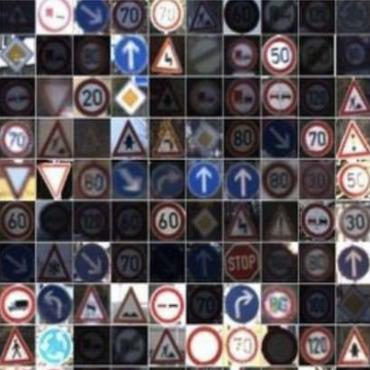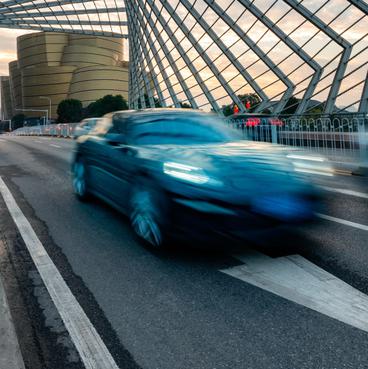Autonomous Vehicles
536 papers with code • 1 benchmarks • 27 datasets
Autonomous vehicles is the task of making a vehicle that can guide itself without human conduction.
Many of the state-of-the-art results can be found at more general task pages such as 3D Object Detection and Semantic Segmentation.
( Image credit: GSNet: Joint Vehicle Pose and Shape Reconstruction with Geometrical and Scene-aware Supervision )
Libraries
Use these libraries to find Autonomous Vehicles models and implementationsDatasets
Subtasks
Most implemented papers
AirSim: High-Fidelity Visual and Physical Simulation for Autonomous Vehicles
Developing and testing algorithms for autonomous vehicles in real world is an expensive and time consuming process.
Split Computing and Early Exiting for Deep Learning Applications: Survey and Research Challenges
Mobile devices such as smartphones and autonomous vehicles increasingly rely on deep neural networks (DNNs) to execute complex inference tasks such as image classification and speech recognition, among others.
Flow: A Modular Learning Framework for Mixed Autonomy Traffic
Furthermore, in single-lane traffic, a small neural network control law with only local observation is found to eliminate stop-and-go traffic - surpassing all known model-based controllers to achieve near-optimal performance - and generalize to out-of-distribution traffic densities.
nuScenes: A multimodal dataset for autonomous driving
Most autonomous vehicles, however, carry a combination of cameras and range sensors such as lidar and radar.
Deep Dual-resolution Networks for Real-time and Accurate Semantic Segmentation of Road Scenes
The proposed deep dual-resolution networks (DDRNets) are composed of two deep branches between which multiple bilateral fusions are performed.
LEAF: A Benchmark for Federated Settings
Modern federated networks, such as those comprised of wearable devices, mobile phones, or autonomous vehicles, generate massive amounts of data each day.
Counterfactual Multi-Agent Policy Gradients
COMA uses a centralised critic to estimate the Q-function and decentralised actors to optimise the agents' policies.
DynaSLAM: Tracking, Mapping and Inpainting in Dynamic Scenes
And it also estimates a map of the static parts of the scene, which is a must for long-term applications in real-world environments.
LiDAR-Camera Calibration using 3D-3D Point correspondences
With the advent of autonomous vehicles, LiDAR and cameras have become an indispensable combination of sensors.
Joint 3D Proposal Generation and Object Detection from View Aggregation
We present AVOD, an Aggregate View Object Detection network for autonomous driving scenarios.


 CARLA
CARLA
 AirSim
AirSim
 INTERACTION Dataset
INTERACTION Dataset
 Talk2Car
Talk2Car
 RadarScenes
RadarScenes
 ROAD
ROAD
 Drive&Act
Drive&Act
 ApolloCar3D
ApolloCar3D
 Argoverse 2 Motion Forecasting
Argoverse 2 Motion Forecasting













